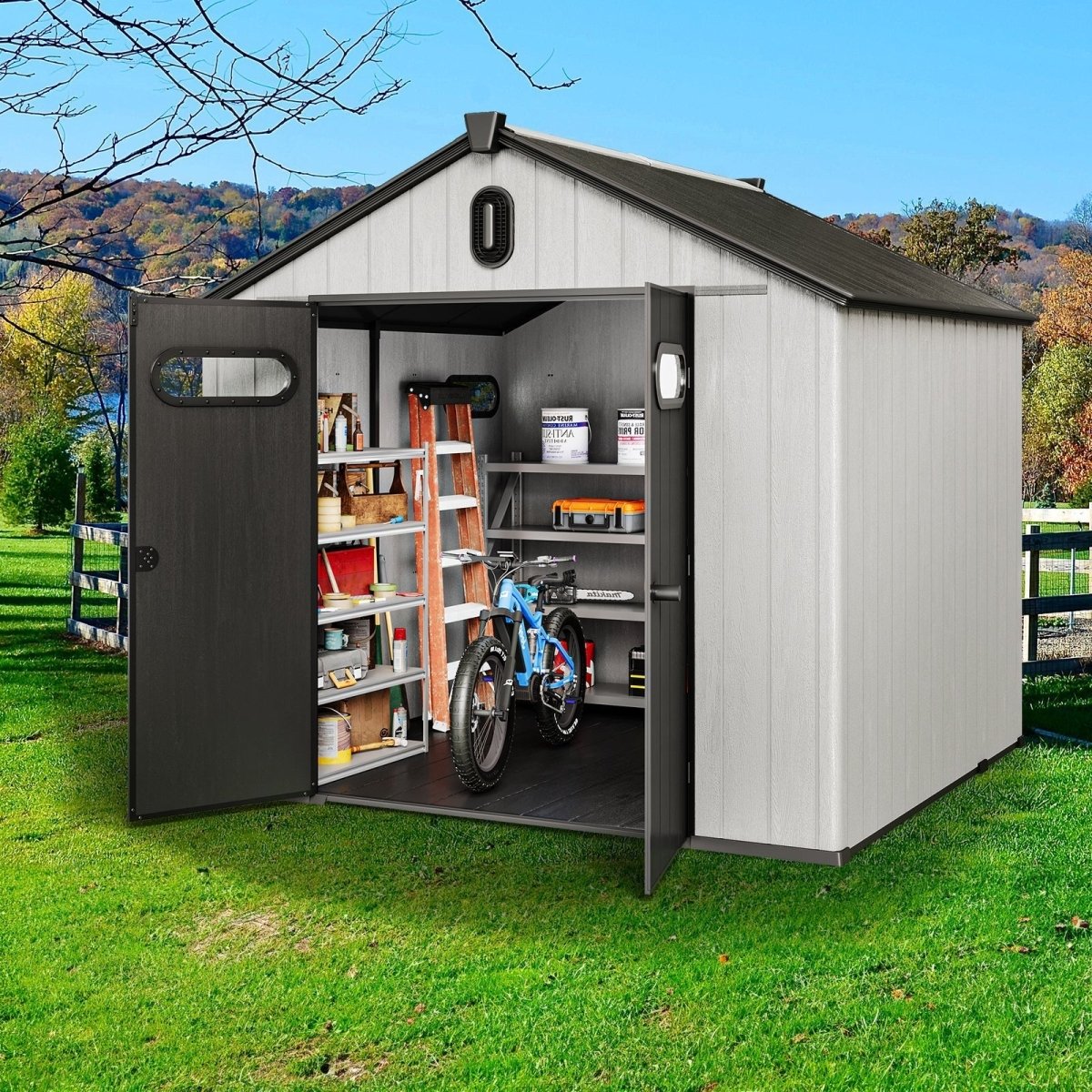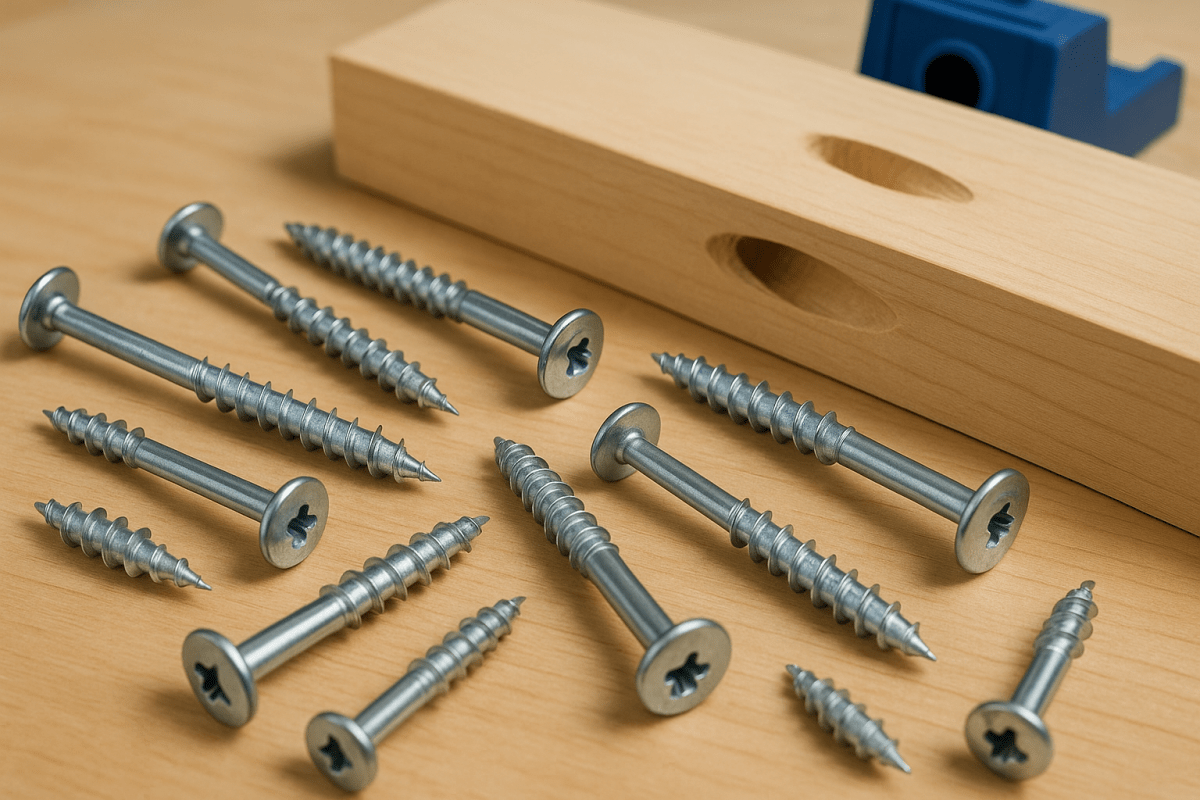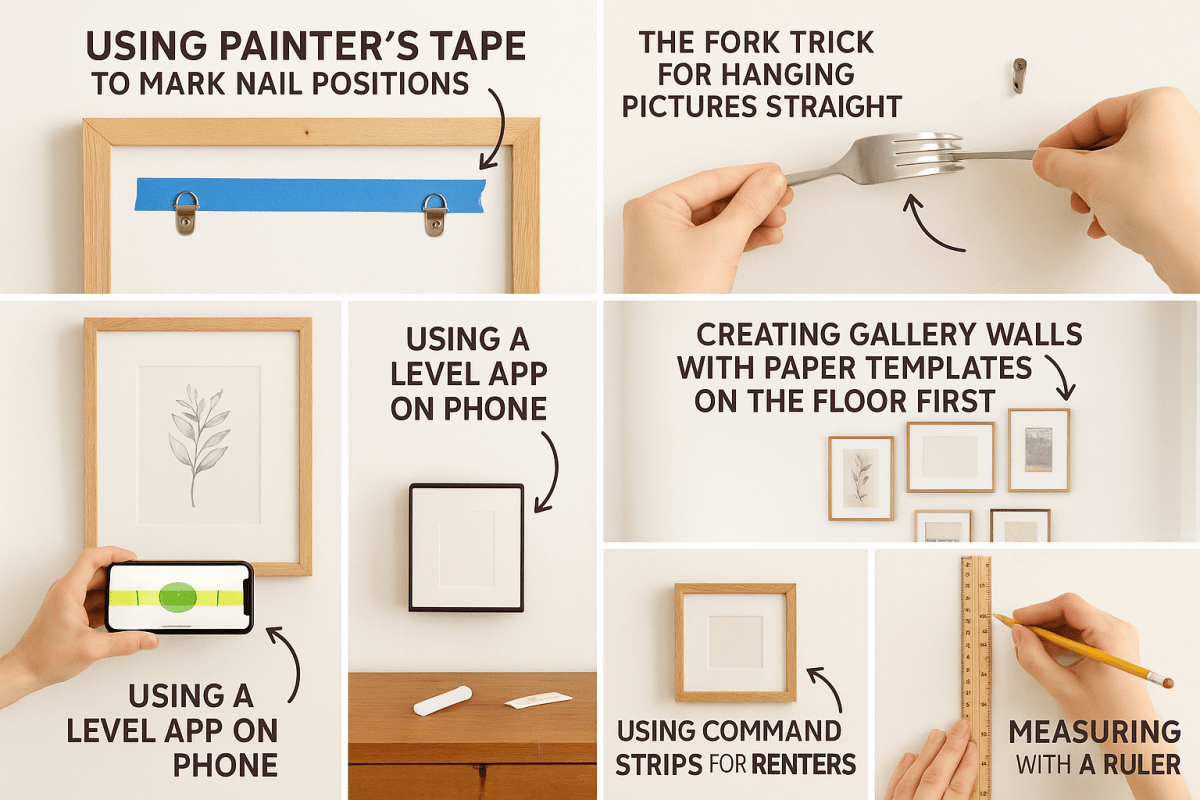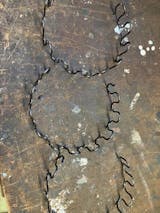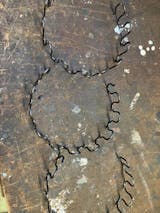Table of Contents
- Introduction
- Why Tool Shed Material Matters for Storage Longevity
- Most Popular Tool Shed Materials Compared
- Pros and Cons of Wood, Metal, and Resin Tool Sheds
- Durability and Weather Resistance of Tool Sheds
- Maintenance Tips for Different Tool Shed Materials
- Tool Shed Cost Considerations: Wood vs Metal vs Resin
- Aesthetics and Design Flexibility in Tool Shed Materials
- Tool Shed Security and Safety: Best Material Choices
- Eco-Friendly and Sustainable Tool Shed Materials
- Which Tool Shed Material is Best for Your Needs?
- Tips for Extending the Life of Any Tool Shed
- Conclusion: The Best Tool Shed Material for Long-Term Value
- FAQ About Tool Sheds
Introduction
A tool shed isn’t just a storage box in your backyard—it’s an investment. Whether you’re stashing gardening tools, power equipment, or seasonal items, the material you choose determines how long your shed lasts and how much effort you’ll put into maintenance. With so many options available, from traditional wooden structures to modern resin designs, the question arises: What is the best material for a tool shed?
Why Tool Shed Material Matters for Storage Longevity
Many homeowners make the mistake of buying a shed based solely on price or looks. But the material impacts:
- How well the shed withstands rain, snow, or direct sun.
- The amount of maintenance required over the years.
- How secure will your belongings be inside?
- Whether the shed blends into your yard’s aesthetics.
- The long-term value you get for your money.
Most Popular Tool Shed Materials Compared
Most tool sheds fall into one of three main categories:
- Wood: Traditional, customizable, and attractive.
- Metal: Strong, secure, and often budget-friendly.
-
Resin/Plastic: Modern, low-maintenance, and weather-resistant.

Pros and Cons of Wood, Metal, and Resin Tool Sheds
Wood Tool Sheds
Wood sheds have a classic, natural look that many homeowners love. They can be painted or stained to match your home, and they’re easy to customize with shelves or windows. However, wood is vulnerable to rot, termites, and weather damage if not maintained properly.
Metal Tool Sheds
Metal sheds are known for their strength and durability. They’re fire-resistant and less appealing to pests, but they may rust over time if not treated. Thin metal sheds can also dent easily, and they don’t always blend seamlessly into a landscaped yard.
Resin/Plastic Tool Sheds
Resin sheds are lightweight, virtually maintenance-free, and resistant to rust, rot, and pests. They’re easy to assemble and often reinforced with steel for added strength. While they may not have the same “classic” appeal as wood, they offer excellent longevity and convenience.
Durability and Weather Resistance of Tool Sheds
If you live in an area with heavy snow, rain, or extreme heat, material durability is crucial. Wood sheds can warp or crack in harsh weather, while metal sheds may corrode in humid climates. Resin sheds generally perform best in variable weather since they resist both moisture and UV damage.
Maintenance Tips for Different Tool Shed Materials
Wooden sheds need periodic sealing, painting, or staining. Metal sheds should be checked for rust and repainted if necessary. Resin sheds, on the other hand, only require the occasional wash with a hose.
Tool Shed Cost Considerations: Wood vs Metal vs Resin
Metal sheds are typically the most affordable upfront, while wood sheds can be the most expensive due to materials and installation. Resin sheds fall in the middle, offering a good balance between cost and convenience.
Aesthetics and Design Flexibility in Tool Shed Materials
If looks matter most, wood is unbeatable—it blends naturally into a garden setting. Resin sheds are improving in design variety, with options that mimic wood or stone textures. Metal sheds tend to look more industrial, which may not suit all backyards.
Tool Shed Security and Safety: Best Material Choices
Metal sheds are the toughest against break-ins, especially those with reinforced doors. Wood and resin can be secure as well, but locks and reinforcements are essential if you’re storing valuable tools.
Eco-Friendly and Sustainable Tool Shed Materials
Many wood sheds use renewable timber, but sustainability depends on sourcing and treatment. Resin sheds are usually made of recyclable plastics, and some newer models incorporate eco-friendly materials. Metal sheds can be recycled, but they may require coatings that aren’t environmentally friendly.
Which Tool Shed Material is Best for Your Needs?
The best material for your tool shed depends on your priorities:
- Choose wood if you want a traditional, customizable, and visually pleasing shed.
- Choose metal if strength, security, and affordability matter most.
- Choose resin if you prefer low maintenance, durability, and quick installation.
Tips for Extending the Life of Any Tool Shed
- Place your shed on a solid foundation to prevent shifting and moisture buildup.
- Keep vegetation trimmed around the shed to reduce pest access.
- Inspect annually for damage, leaks, or weak spots.
- Upgrade locks and hinges to boost security.
Conclusion: The Best Tool Shed Material for Long-Term Value
The best material for a tool shed depends on your lifestyle, climate, and budget. Wood offers beauty, metal offers strength, and resin offers ease. If you want a shed that’s practical, durable, and low-maintenance, resin or hybrid sheds are often the best bet.
At the end of the day, your tool shed should make your life easier—not add another chore. Take the time to choose wisely, and you’ll have a reliable outdoor storage solution for years to come.

FAQ About Tool Sheds
Which material is best for a tool shed in hot climates?
Resin tool sheds perform best in hot, sunny climates because they resist UV damage and don’t warp like wood or heat up as quickly as metal.
Are wooden tool sheds worth the extra maintenance?
Yes, if you value aesthetics and customization. Wooden tool sheds can last for decades with proper care, but they do require painting, sealing, and pest control.
Do metal tool sheds rust easily?
Quality metal tool sheds are coated to prevent rust, but in humid or coastal areas, extra maintenance may be needed to avoid corrosion.
How long does a resin tool shed last?
A well-made resin tool shed can last 15–20 years or more, requiring little more than occasional cleaning.
Which tool shed material is most secure?
Metal tool sheds generally offer the most security thanks to their strong frames and reinforced doors, but you can improve wood and resin shed security with heavy-duty locks.
Can a tool shed increase property value?
Yes, a high-quality tool shed adds functional storage space and curb appeal, which many homebuyers see as a valuable feature.

